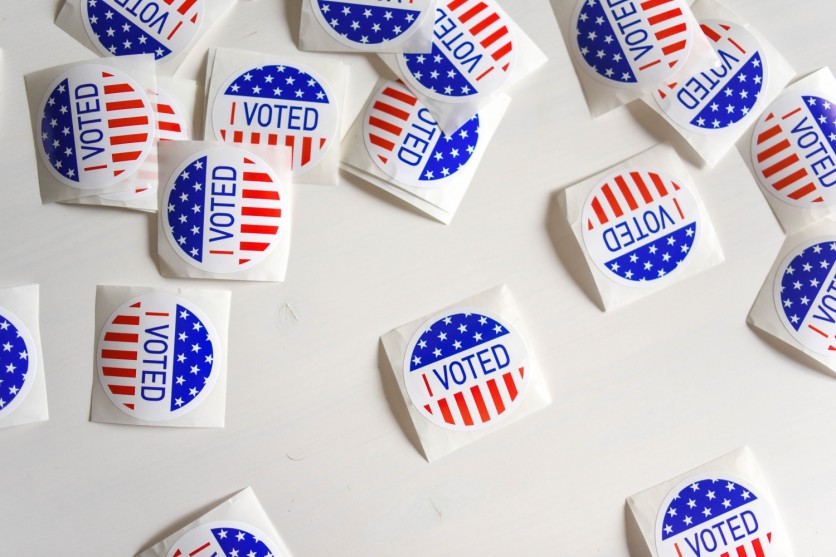
2020 is not just a new year for all of us but the year wherein Americans will have their free will to choose who will be the next leader of the United States of America. And if you're one of the eligible American voters for 2020, this warning belongs to you. A specific technology might affect your voting stance and decision on who to choose for the upcoming election. What is this? It's called 'Deepfakes.'
Deepfakes Origin and Its Meaning
It is pretty sure that you have heard about the term 'fake news' in the social media or mentioned in mainstream T.V. And just like fake news—but more specific to videos, 'Deepfakes' technology refers to a manipulated videos that are made through computer-generated artificial technology. These videos can make someone appear that they said or did something in a video even though they did not do or say it originally.
Deepfakes technology is usually created on the videos made by popular people—specifically politicians. As a matter of fact, in May, House Speaker Nancy Pelosi experienced a massive humiliation after her 'deepfake' video circulated online—making her seemed like drunk or have a speaking disability when she made a speech that was against U.S. President Donald Trump.
After this, the world has known the huge negative effect of deepfakes on social media—wherein it was more evident—and made researchers think about its future impact in the U.S. and the world, now that U.S. Presidential Election is coming next year.
How Deepfake Affects U.S. Voting
According to Hany Farid, a computer scientist at the University of California, Berkeley in NBC News, the thought that deepfakes are continuing to a widespread technology all over the U.S. and in the world means that this technology can also soon bite its way on manipulating people on choosing who to vote and trust in elections.
"What we are concerned about is a video of a candidate, 24-to-48 hours before election night. It gets viral in a matter of minutes, and you have a disruption of a global election. You can steal an election," said Farid.
How to Spot a Deepfake Video?
Since not all have knowledge on artificial technology or even editing videos itself, it is not very easy to spot a manipulated or edited video—exceptionally if its too high-quality—from the original content of the said video. However, if you encounter these videos, how can you make sure that these are what we called 'deepfakes' in the first place?
According to Farid, they've already helped with Facebook to come up with a technology that will instantly identify these manipulated videos into being circulated. Facebook said that they provide researchers a new and unique data set of 100,000-plus videos to curb 'deepfake' videos.
However, if you've already encountered these videos, you have to be sure that what you're seeing is accurate. For example, former U.S. President Barack Obama has his own quirks when it comes to speaking publicly, as observed by Farid. And just like Obama, every politician has their own unique gestures or stance that you must find to identify a video's authenticity.
"President Obama had this thing that when he delivered bad news, he would frown and he would tilt his head downward a little bit. Very characteristic. They all have their own little tells," Farid explained.
ALSO READ: 'Perfectly Real' Manipulated Videos Are Just 6 Months Away, Says Deepfake Pioneer
ⓒ 2026 TECHTIMES.com All rights reserved. Do not reproduce without permission.




